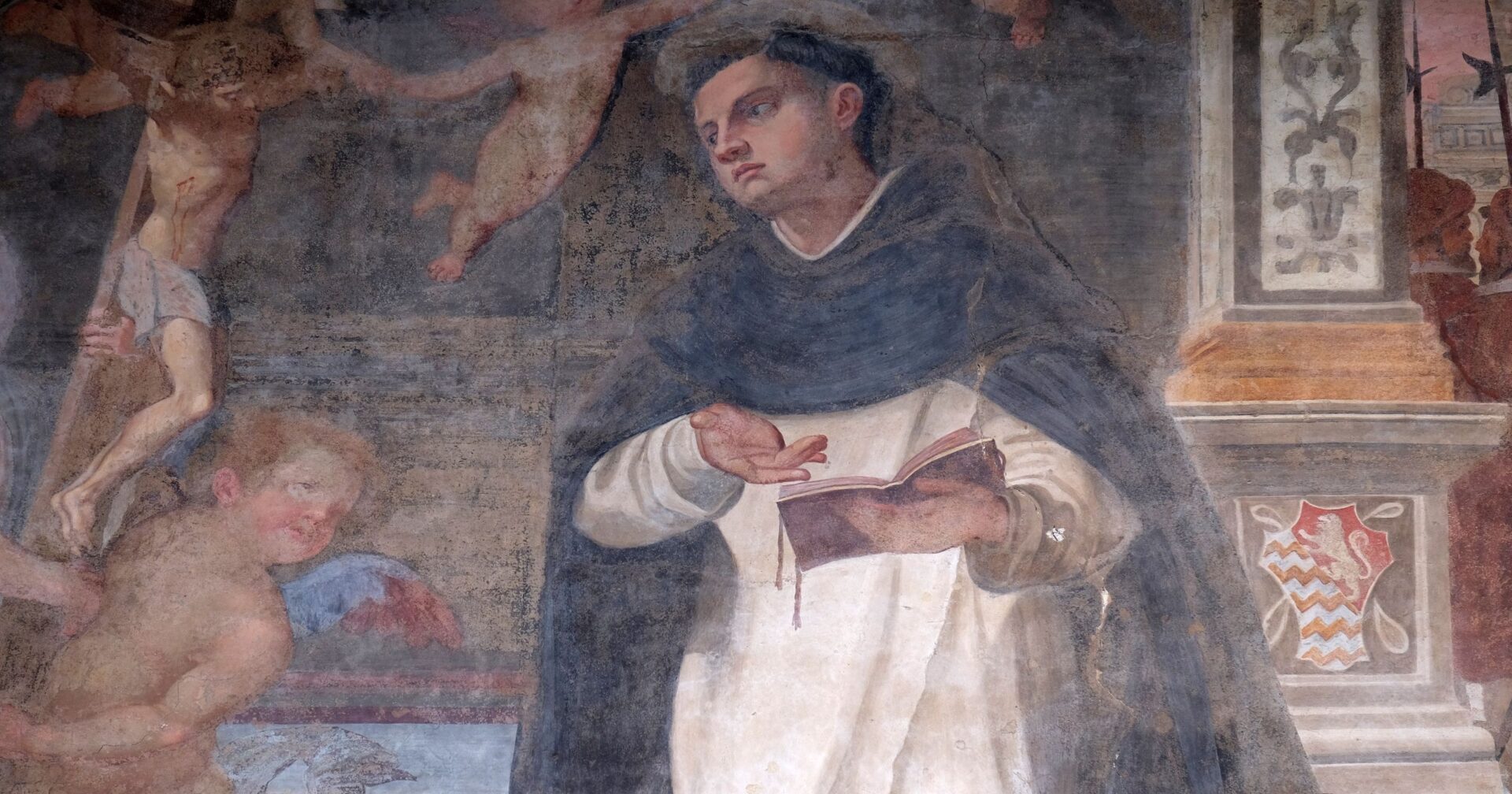As Catholics, we know penance is a virtue. If we live a penitential mindset, we’ll often be thinking about sin: how it can be avoided, how can we root it out our lives, and most importantly, how to repent and be forgiven of it.
Venial sin is lesser sin that “does not deprive the sinner of sanctifying grace, friendship with God, charity, and consequently eternal happiness” as mortal sin would. According to the Catechism:
“One commits venial sin when, in a less serious matter, he does not observe the standard prescribed by the moral law, or when he disobeys the moral law in a grave matter, but without full knowledge or without complete consent.” – CCC 1862
Our venial sins can be forgiven through acts preceding from grace done in detestation to sin that cause us to turn back to God. Thomas Aquinas writes:
“No infusion of fresh grace is required for the forgiveness of a venial sin, but it is enough to have an act proceeding from grace, in detestation of that venial sin, either explicit or at least implicit, as when one is moved fervently to God.” – Summa III, 87, 3
Here are ten things that remit venial sins, according to Aquinas.
Any act that confers the infusion of grace will forgive venial sins:
1. Receiving the Eucharist
2. The Seven Sacraments
Any act done in detestation of sin will forgive venial sins:
3. Recital of the Confiteor
4. An act of contrition
5. Beating of the Breast
6. Saying the Lord’s Prayer
Any act including a movement towards the reverence of God will conduce the remission of venial sins:
7. A bishop’s blessing
8. Sprinkling oneself with Holy Water
9. Any sacramental annointing
10. Prayer in a dedicated Church
“Certain things cause the remission of venial sins: first, because they imply the infusion of grace, since the infusion of grace removes venial sins, as stated above (Article 2); and so, by the Eucharist, Extreme Unction, and by all the sacraments of the New Law without exception, wherein grace is conferred, venial sins are remitted. Secondly, because they imply a movement of detestation for sin, and in this way the general confession [i.e. the recital of the Confiteor or of an act of contrition, the beating of one’s breast, and the Lord’s Prayer conduce to the remission of venial sins, for we ask in the Lord’s Prayer: “Forgive us our trespasses.” Thirdly, because they include a movement of reverence for God and Divine things; and in this way a bishop’s blessing, the sprinkling of holy water, any sacramental anointing, a prayer said in a dedicated church, and anything else of the kind, conduce to the remission of venial sins.” – Summa III, 87, 3
Editorial credit: Zvonimir Atletic / Shutterstock.com


















[…] Ten Things That Forgive Venial Sins, According to Aquinas […]
[…] with Holy Water 9. Any sacramental anointing 10. Prayer in a dedicated church Source: Ten Things That Forgive Venial Sins, According to Aquinas – from uCatholic.com Nowhere in the above list for the Catholic “saint” Thomas Aquinas, does it say […]